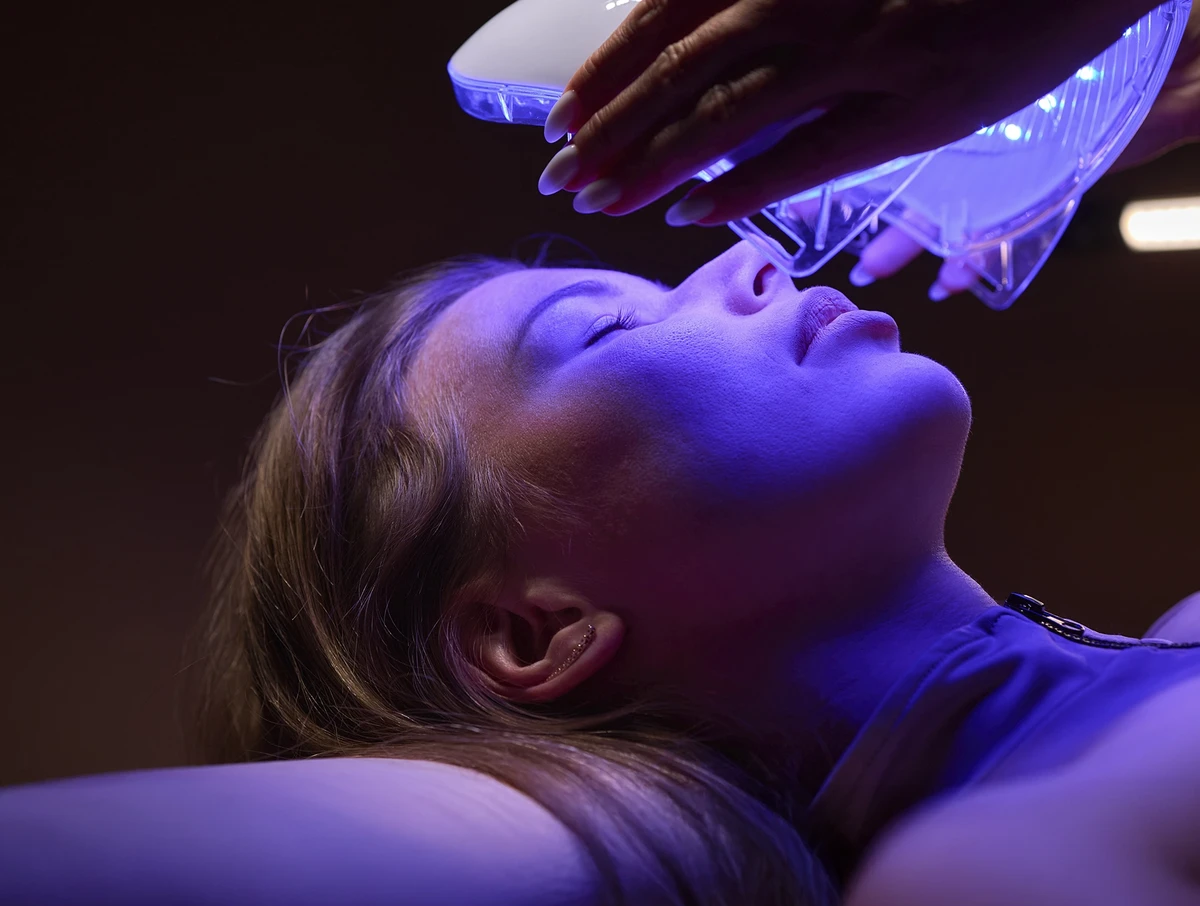Better companies
Change Stories
AI in the Skies
At Airbus, the global leader in commercial aviation, artificial intelligence is a strategic driver of transformation. From design …
Tuesday, 1 July 2025
article

Beauty Tech at L’Oréal marks a major strategic shift. It began in 2010 under then CEO Jean-Paul Agon, the architect of the group’s digital transformation, and accelerated under his successor Nicolas Hieronimus in 2021.
This transformation is founded on the creation of an integrated digital ecosystem, positioning L’Oréal as a global technology leader in beauty.
It involves rethinking R&D, marketing, and the customer experience by integrating technology at every stage. L’Oréal no longer wants to simply produce cosmetics - it aims to become a platform for digital services and personalized, enhanced beauty products.
This pivot comes with a deep cultural shift.
L’Oréal is investing heavily in cutting-edge technologies: artificial intelligence (AI), machine learning, augmented reality (AR), biotechnology, etc. The company has built what it calls the world’s most comprehensive beauty data hub and has launched innovation hubs in multiple countries.
Acquisitions such as Canadian AR start-up ModiFace (March 2018) and strategic partnerships with tech giants such as Meta and Verily (Alphabet’s health subsidiary) reflect a clear intent to create synergies between science, digital, and beauty.
Beyond the tools, the organization itself is evolving. L’Oréal has hired thousands of AI, data, UX, and tech specialists. The company embraces agile methods and fosters intrapreneurship and open innovation through hackathons, internal incubators, and scientific collaborations.
The evolution of the customer experience captures the essence of this transformation. L’Oréal no longer just sells products - it delivers personalized, immersive, and enhanced beauty experiences. Gone is the one-size-fits-all lipstick: now, an algorithm suggests the ideal shade based on skin tone or mood.
The Beauty Tech revolution is taking shape through real innovations: ModiFace for virtual makeup and hair color try-ons; Skin Genius for personalized skincare diagnostics via selfie; and Perso, a smart device that creates custom skincare and makeup formulas at home.
In-store, online, or at home, L’Oréal aims to blur the lines between physical and digital for a seamless and tailored customer journey.
Beyond tech, L’Oréal has embraced a new mission: to make beauty more inclusive and sustainable through technology. AI in R&D helps create products suited to all skin tones, hair types, and textures. The company is working to reduce algorithmic bias by building more diverse datasets.
On the environmental side, L’Oréal is betting on green biotech, smart packaging, and tools that provide transparency on product impact. At VivaTech 2024, for instance, it unveiled its Skin Technology platform, which can model human skin in the lab to replace animal testing.
Also, at VivaTech this year, L’Oréal presented the ioPod from Interstellar Lab, an AI-powered vertical farming system that conserves resources when growing cosmetic ingredients, as well as Osmobloom, developed with Cosmo International Fragrances, which extracts floral essences without damaging plants.
uses of Beauty Tech services across 66 countries and 33 brands
experts in digital, tech, and data
terabytes of beauty data